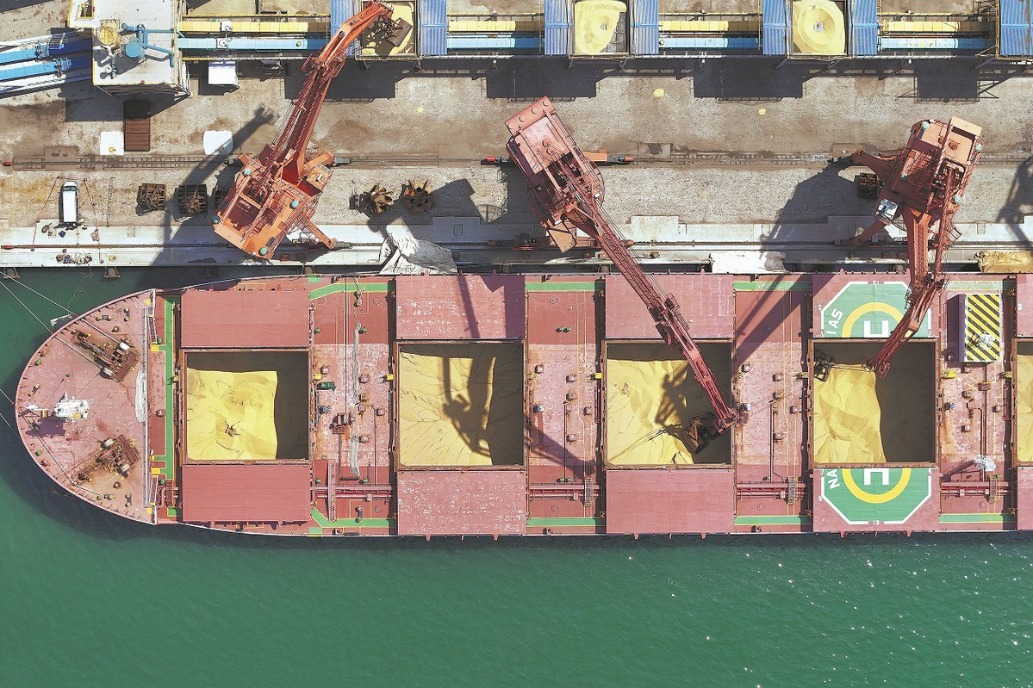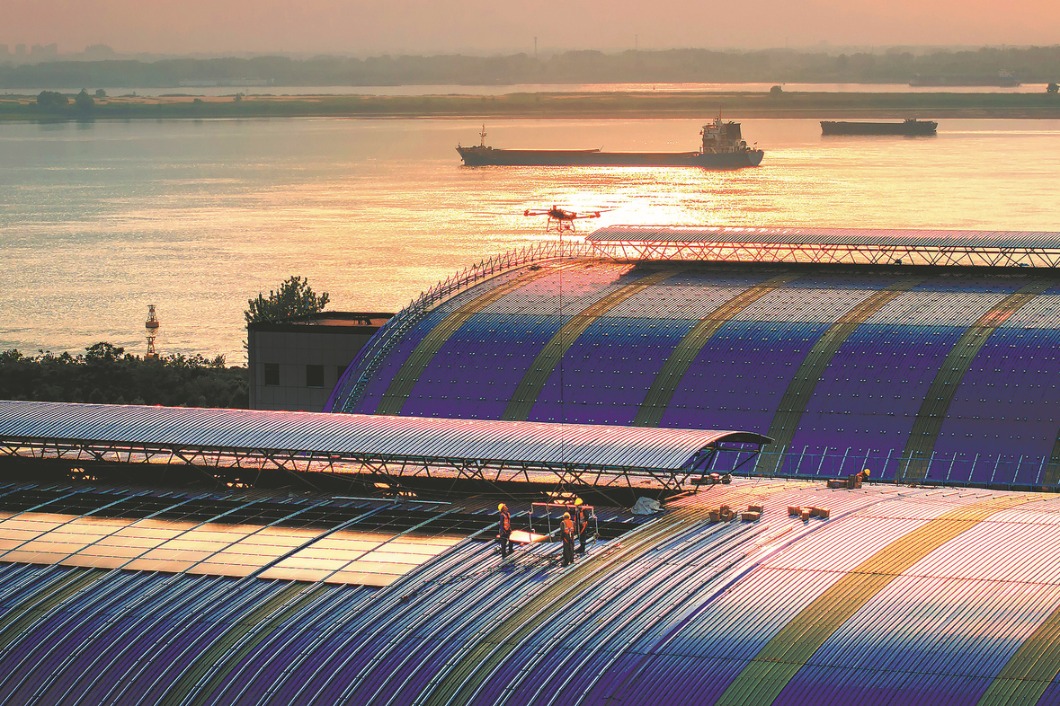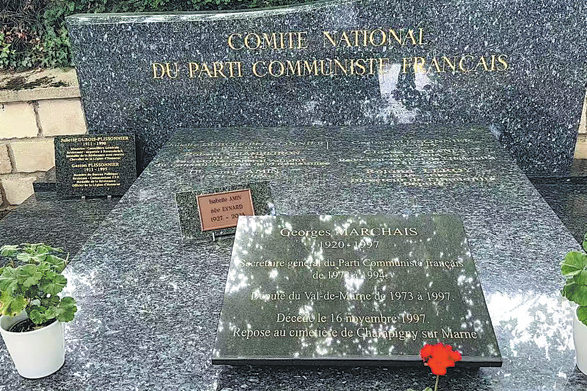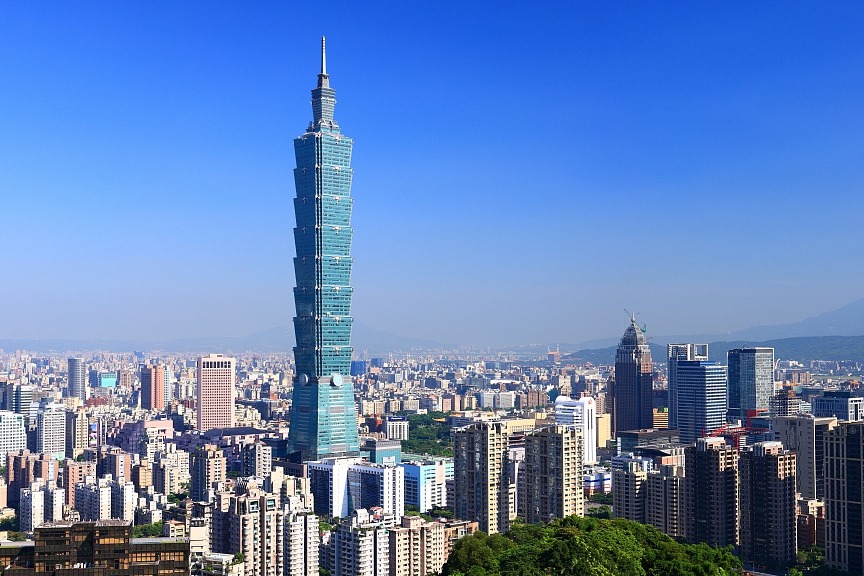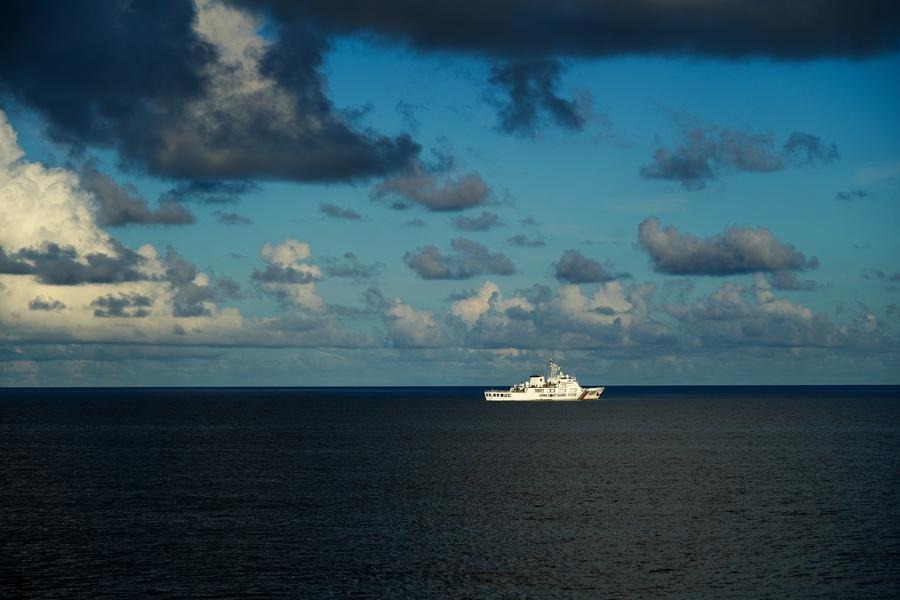Lai's 'T-Dome' doomed to disaster

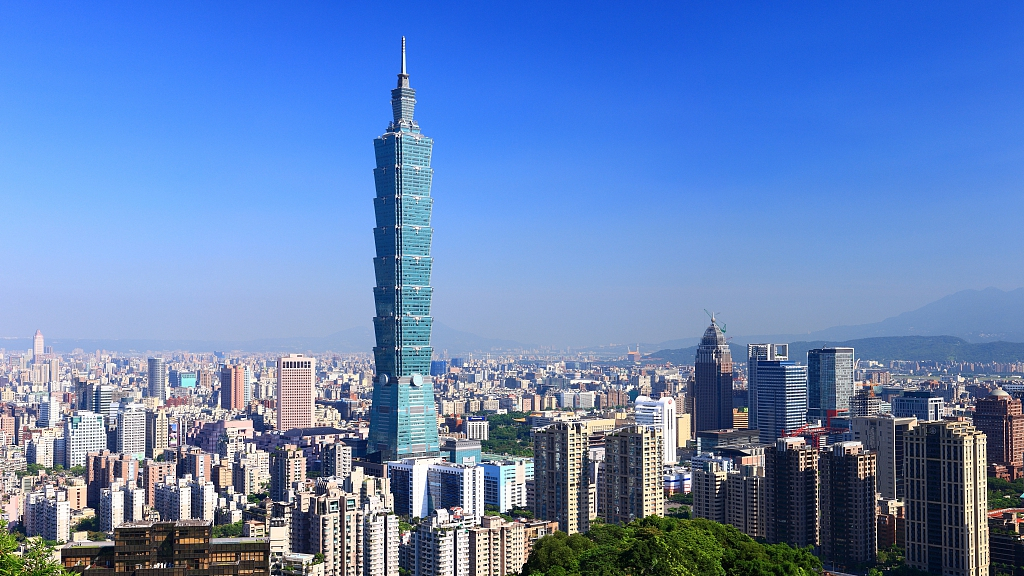
In his "Oct 10" speech on Friday, Taiwan leader Lai Ching-te reiterated the fallacious cliches of "Taiwan democracy" and the flawed "two states" theory. For the first time, he also announced plans to build a "T-Dome" air defense system aimed at providing multi-layered and effective interception against "enemy threats". By escalating the rhetoric of threat, Lai and his Democratic Progressive Party risk pushing the island to the brink of military conflict, jeopardizing both the economy and the well-being of Taiwan residents.
In his speech, Lai appeared to emphasize developing the island's economy and creating more jobs. However, his actions seem to have the opposite effect. If the "T-Dome" plan is implemented, it will likely increase the tax burden on local residents and further darken the island's economic outlook, especially as it faces challenges from US tariffs.
If he really cares about Taiwan's safety, he should immediately stop playing fire of seeking "Taiwan independence". However, unfortunately, the DPP has been playing out one political farce after another. Disregarding public opinion and sacrificing the interests of Taiwan residents, the DPP has curried favor with the United States for strategic support.
Lai once again "drew lessons" from World War II history in his speech, stating that "Democratic Taiwan is a crucial link for the peace and stability of the Indo-Pacific". He also emphasized that the "tragedies of history must never be repeated". Lai's statements merely exposed him as a politician distorting history for political gain.
Lai and the DPP's "pursuit of independence" has become increasingly provocative, as they whitewash the colonial history of Taiwan, fabricate a so-called "400-year history of Taiwan", deny UN General Assembly Resolution 2758, and project the island as an "entity separate from the Chinese nation".
Defying the mainstream opinion, the DPP has shattered the mutual trust and soured the harmonious relations between the two sides of the Taiwan Strait, which were built over decades of cross-Strait exchanges. Its actions reveal its ill intentions and sinister motives.
This year marks the 80th anniversary of the end of Japanese occupation of Taiwan, a moment of profound historical significance. Yet the DPP authorities have refrained from commemorating the historic milestone and, instead, chosen to hold an event marking Victory in Europe Day, the day Nazi Germany unconditionally surrendered to the Allies in World War II. Provocatively, the island's authorities held the event at the Taipei Guest House, which served as the residence of Japanese governors during Taiwan's colonial rule.
Even more egregiously, Lai claimed that Taiwan and Europe jointly face a new "threat" in his bid to portray the island as a victim of regional geopolitics, and to garner global sympathy and support for pursuing "Taiwan independence". Particularly reprehensible is the DPP's attempts to distort history and promote a defeatist historical narrative to advance its "Taiwan independence" agenda.
The DPP distorts the island's real history with the aim of confusing Taiwan residents and promoting the concept of a "new Taiwan". And yet the "10 talks on unity" that Lai launched in June has no takers on the island because it goes against the public opinion on Taiwan.
Since his election last year, Lai and the DPP have intensified his "pro-independence" maneuvers, especially in areas such as education and culture. In February 2024, the DPP authorities issued the "Tainan 400 commemorative" stamps, featuring iconic buildings from different periods in Tainan city to demonstrate the island's progress during what the DPP misleadingly calls periods of "Dutch, Ming, Qing and Japanese rule".
Also, under the guise of strengthening Taiwan-related content and boosting Taiwan residents' "cultural confidence", the DPP's cultural authorities spent exorbitant amounts to produce "1624", a large-scale Gezai opera to mark "400 years" of Taiwan entering the global stage, and present its colonial history as the beginning of the "globalization" of Taiwan.
The DPP authorities have been trying to systematically reduce true Chinese cultural elements in Taiwan textbooks, while promoting education in Minnan dialect in primary and secondary schools. They've been using the performative arts such as opera, films and TV programs, along with administrative measures, to reinforce so-called Taiwan local history and culture, while suppressing advocates of Chinese cultural education, and creating obstacles to cross-Strait exchanges in their bid to erase true Chinese cultural elements from the island.
In fact, they've been using evil means to erase the historical and cultural link between the two sides of the Strait, and more rigorously pursue "Taiwan independence" at the ideological level. By using the island's administrative power to strengthen their "Taiwan independence" narrative, the DPP is spreading poison among Taiwan residents, which could even sever the younger generation's bond with their roots.
No power can change the fact that the mainland and Taiwan have a shared destiny. Eighty years ago, after an arduous and bitter struggle, the Chinese people achieved victory in the Chinese People's War of Resistance Against Japanese Aggression (1931-45) with Taiwan seeing the end of 50 years of Japanese colonial rule. The Japanese occupation was the darkest period in the island's history, a period when Taiwan residents endured immense suffering under the brutal, oppressive Japanese colonization. By resisting the Japanese fascist forces, Taiwan residents maintained their links with their roots.
No country or region has ever regarded its colonization as the beginning of its history or social progress. The Dutch and Japanese colonizers were invaders, not builders of Taiwan island. The Dutch colonizers, who arrived in Taiwan during the late Ming Dynasty (1368-1644), slaughtered the indigenous people on the island, built fortifications there and plundered its resources. They were global pirates during Europe's "age of expansion" and brutal invaders of Taiwan, not builders who developed the land.
Japan's 50-year occupation of Taiwan was marked by bloodshed and exploitation. Even the little development that happened during Japanese colonial rule was intended to force Taiwan to serve Japan's imperialist goals. The DPP's glorification of colonial aggression is aimed at severing ties with the main lineage of Chinese culture and history. Facts prove that regions that disown their history are, in turn, disowned by history.
Lai should face up to the true chapter of the island's history during World War II and stop playing with fire. His tactics of spreading "green terrorism" are wreaking havoc on the island from within. No "T-Dome" can shield against such disasters.
The author is director of the Institute of Taiwan Studies, Wuhan University.
The views don't necessarily reflect those of China Daily.
If you have a specific expertise, or would like to share your thought about our stories, then send us your writings at opinion@chinadaily.com.cn, and comment@chinadaily.com.cn.




















